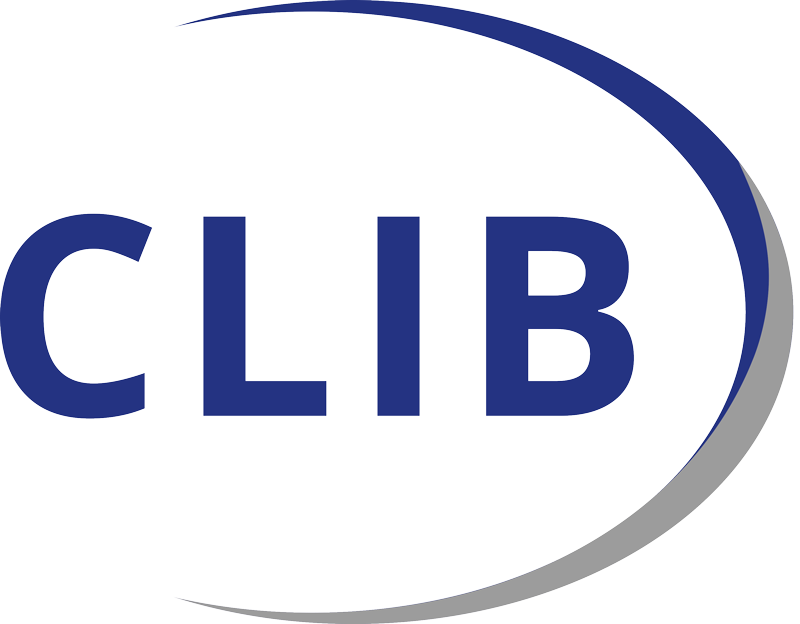State government appoints Bioeconomy Council to expand a sustainable bio-based economy in North Rhine-Westphalia

In order to strengthen North Rhine-Westphalia as a bioeconomy location and to comprehensively analyse the opportunities and challenges, the state government of North Rhine-Westphalia decided to set up the Bioeconomy Council NRW. The independent advisory body is made up of 15 experts from business, science and civil society and will be involved in developing a bioeconomy strategy for North Rhine-Westphalia over the next two years.
Economics and Climate Protection Minister Mona Neubaur: “The innovative use of biomass and new biotechnological methods make a key contribution to the climate-neutral transformation of industry and a resource-conserving circular economy. In North Rhine-Westphalia, we have long recognised the enormous potential of the bioeconomy for competitive, sustainable companies and start-ups and are ambitiously driving forward the expansion of a bio-based economy. By appointing the Bioeconomy Council, the state government is realising an important project from the coalition agreement. This is an important step on the way to a forward-looking bioeconomy strategy for NRW.”
The following 15 members have been appointed for the first three-year term:
- Prof. Dr. Stefanie Bröring, Ruhr-Universität Bochum, Lehrstuhl für Entrepreneurship und innovative Geschäftsmodelle, Akademische Direktorin des Wordfactory Start-up Centers
- Dr. Peter Enste, Institut Arbeit und Technik der Westfälischen Hochschule, Direktor des Forschungsschwerpunkts Gesundheitswirtschaft und Lebensqualität, Gelsenkirchen
- Dr. Ricarda Finnern, LenioBio GmbH, Chief Scientific Officer, Aachen und Düsseldorf
- Timothy Fitschen, Bundesagentur für Arbeit, Bereichsleiter Rheinisches Revier, Brühl
- Prof. Dipl.-Holzwirtin Katja Frühwald-König, Technische Hochschule Ostwestfalen-Lippe, Clustersprecherin proHolz.NRW, Vorstand des Smart Wood Centers
- Dr. Christopher Grünewald, Geschäftsführender Gesellschafter Grünewald Papier GmbH & Co. KG, Vizepräsident von DIE PAPIERINDUSTRIE
- Prof. Dr. Monika Hartmann, Rheinische Friedrich-Wilhelms-Universität Bonn, Institut für Lebensmittel- und Ressourcenökonomik
- Dr. Gernot Jäger, Covestro, Head of Biotechnology
- Dr. Christian Lenges, International Flavors & Fragrances (IFF), Venture Director
- Prof. Dr. Regina Palkovits, RWTH Aachen University, Lehrstuhl für Heterogene Katalyse und Technische Chemie sowie Forschungszentrum Jülich, Institut für Nachhaltige Wasserstoffwirtschaft
- Thomas Patermann, Vorsitzender der Landesgruppe NRW des Verbandes kommunaler Unternehmen (Sparte Abfallwirtschaft und Stadtsauberkeit VKU/VKS), Vorstandsvorsitzender der Wirtschaftsbetriebe Duisburg AöR
- Prof. Dr. Ralf Pude, Rheinische Friedrich-Wilhelms-Universität Bonn, Institut für Nutzpflanzenwissenschaften und Ressourcenschutz, Wissenschaftlicher Leiter Campus Klein-Altendorf
- Prof. Dr. Ulrich Schurr, Forschungszentrum Jülich, Institut für Bio- und Geowissenschaften und Heinrich-Heine-Universität Düsseldorf; Bioeconomy Science Center und BioökonomieREVIER
- Prof. Dr. Petra Schweizer-Ries, Hochschule Bochum, Integratives Institut Nachhaltige Entwicklung,
- Prof. Dr. Anna von Mikecz, Leibniz-Institut für umweltmedizinische Forschung und Heinrich-Heine-Universität Düsseldorf, Stellvertretende Vorsitzende NABU NRW
The Council’s task is to analyse both the opportunities and challenges of the bioeconomy. The committee is to develop solutions for conflicting objectives such as the best possible utilisation of scarce renewable resources. The council’s recommendations are to be incorporated into a bioeconomy strategy for NRW. The state government also aims to develop a future programme for the bioeconomy that supports the economy in the use of renewable, sustainable raw materials and identifies viable alternatives to fossil resources.
At the same time, the cabinet has decided to publish key points for a bioeconomy strategy for NRW and to establish an interministerial working group on the bioeconomy. This sends a clear political signal in favour of the urgency of sustainable bioeconomic solutions.
The key points are available here (German only).
The Bioeconomy Council NRW will begin its work in January 2024. Its analyses will be publicly accessible.


